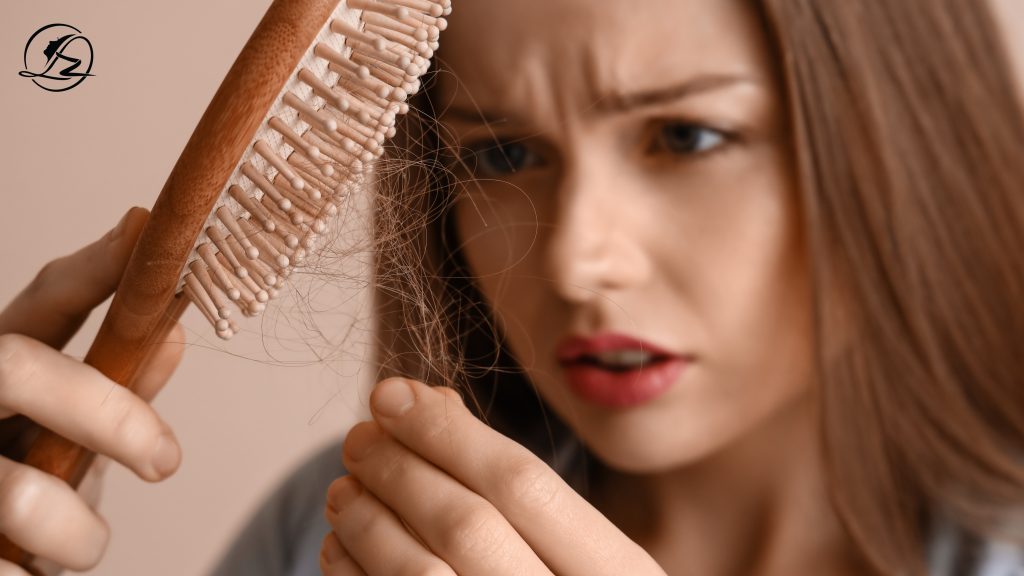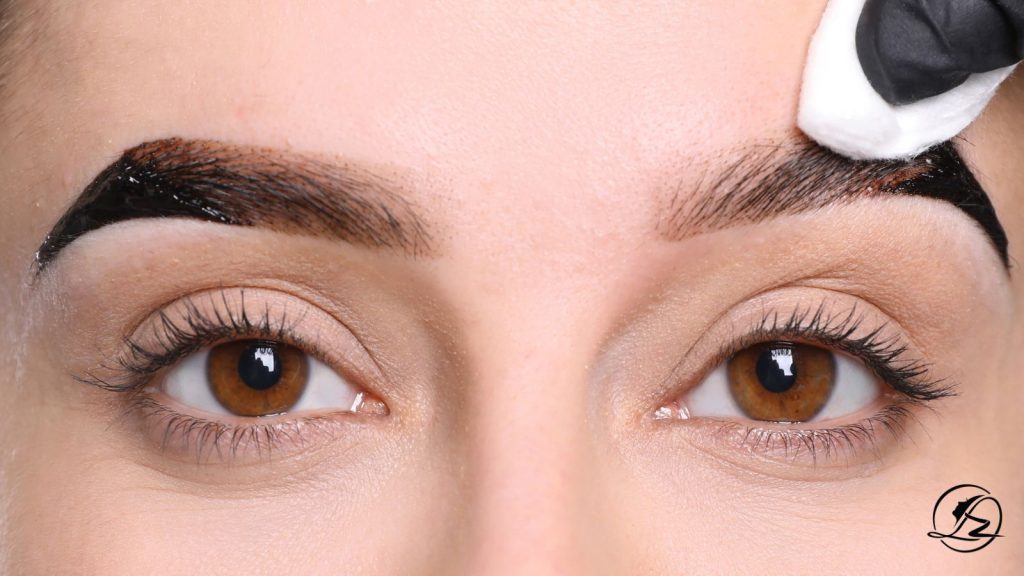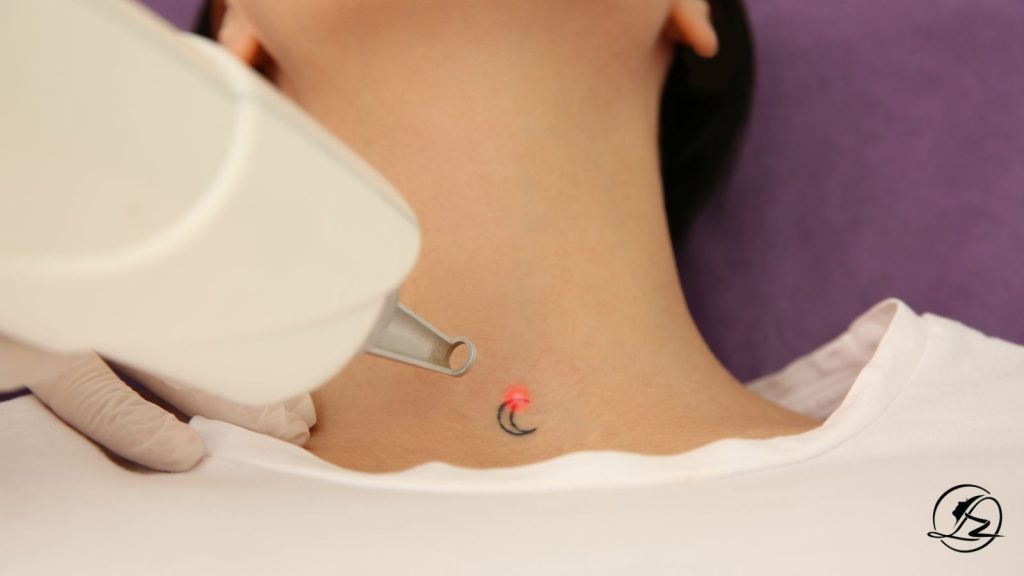Sleep is essential for overall health, but many people don’t realize it also plays a critical role in hair growth. In this article, we’ll dive into the complex connection between sleep and hair loss. Relationship explained in simple terms to help you understand why getting quality rest may be the key to stronger, healthier hair.
Table of Contents
ToggleWhy Sleep Matters for Hair Growth
Your body repairs and regenerates during sleep. That includes your skin, organs, and yes — your hair follicles. A consistent sleep schedule helps balance hormones, reduce stress, and support the natural hair growth cycle. When sleep is disrupted, your hair often suffers.
Sleep and Hair Loss: Relationship Explained
Let’s explore how lack of sleep can lead to hair thinning, hair shedding, and even long-term hair loss.
Hormonal Imbalance Due to Poor Sleep
Sleep deprivation affects cortisol, melatonin, and other hormones that regulate your body’s functions — including hair growth.
- Cortisol, the stress hormone, increases when sleep is limited. High cortisol levels can push hair follicles into a resting phase (telogen), resulting in hair shedding.
- Melatonin, known for sleep regulation, also supports hair growth. Reduced melatonin may weaken hair follicles over time.
Sleep Disruption Affects Hair Growth Cycles
Hair grows in cycles — anagen (growth), catagen (transition), and telogen (rest). Poor sleep can shorten the anagen phase, causing slower growth and increased shedding.
When hair follicles spend more time in the telogen phase, they stop producing new hair. This condition is called telogen effluvium and is often triggered by stress and sleep disturbances.
Common Sleep Issues That Lead to Hair Loss
Understanding what interferes with sleep can help you protect your hair.
1 . Insomnia
Difficulty falling or staying asleep leads to less restorative sleep. Chronic insomnia raises stress and lowers immunity, both of which impact hair health.
2. Sleep Apnea
This condition causes breathing interruptions during sleep, leading to oxygen deprivation and poor circulation. Hair follicles may suffer from inadequate nutrient supply.
3. Night Shift Work
Working irregular hours disrupts your natural sleep-wake cycle. Studies suggest shift workers often experience hair thinning due to circadian rhythm disruption.
How Much Sleep Do You Need for Healthy Hair?
Adults should aim for 7–9 hours of sleep each night. Consistent, deep sleep is crucial for:
- Hormone balance
- Cell regeneration
- Immune function
- Blood flow to the scalp
Missing even a few hours per night can have cumulative effects over time.
Signs Your Hair Loss Might Be Related to Sleep
Here are a few symptoms that indicate sleep may be the culprit behind your hair problems:
- Sudden increase in hair shedding
- Thinning along the hairline or crown
- Dull, brittle hair texture
- Worsening hair loss during high-stress periods
- Trouble sleeping or poor-quality sleep
How to Improve Sleep and Protect Hair
Fixing your sleep habits could be the first step toward stopping unnecessary hair loss.
Create a Sleep-Friendly Environment
- Use blackout curtains to block light
- Keep your room cool (around 65–68°F or 18–20°C)
- Avoid screens 1 hour before bed
- Limit caffeine and alcohol intake, especially in the evening
Establish a Bedtime Routine
- Go to bed and wake up at the same time daily
- Practice relaxation techniques like meditation or deep breathing
- Try reading or taking a warm shower before bed
Eat a Balanced Diet
Sleep and nutrition are closely linked. A diet rich in these nutrients supports both good sleep and hair health:
|
Nutrient |
Benefit |
Food Sources |
|
Biotin |
Supports hair structure |
Eggs, almonds, sweet potatoes |
|
Zinc |
Promotes scalp health |
Seeds, legumes, meat |
|
Iron |
Improves oxygen supply |
Spinach, lentils, red meat |
|
Magnesium |
Improves sleep quality |
Leafy greens, nuts, bananas |
|
Vitamin D |
Supports follicle health |
Sunlight, fortified dairy, fish |
Additional Tips to Boost Hair Health
- Massage your scalp daily to boost blood circulation
- Stay hydrated — aim for 8 glasses of water a day
- Avoid harsh chemicals and heat styling
- Choose silk pillowcases to reduce hair breakage
When to See a Professional
If your hair loss continues despite improving sleep, it may be time to consult a dermatologist. They can check for:
- Hormonal imbalances
- Scalp infections
- Autoimmune conditions
- Nutritional deficiencies
Early diagnosis can prevent further damage and speed up recovery.
Conclusion
The link between sleep and hair loss is stronger than most people realize. When your body lacks rest, it can’t function properly — and your hair is often the first to show signs of imbalance. From hormonal shifts to poor follicle health, bad sleep is a silent contributor to hair loss.
Want healthier, stronger hair? Start by fixing your sleep. Make rest a priority, and you’ll see the difference in your mirror.
If you’re struggling with ongoing hair loss, don’t hesitate to consult a hair prp professional for expert advice.
FAQ: Sleep and Hair Loss. Relationship Explained
1. Can lack of sleep really cause hair loss?
Yes. Poor sleep raises stress hormones, disrupts your body’s healing cycle, and impacts hair growth stages.
2. How many hours of sleep do I need to prevent hair loss?
Most adults need 7–9 hours of quality sleep each night to maintain healthy hair and overall wellness.
3. Will improving my sleep reverse hair loss?
In many cases, yes. Restoring healthy sleep can reduce stress and restore natural hair growth cycles over time.
4. Is sleep more important than hair products?
Both matter, but internal health — including sleep — plays a bigger role in maintaining consistent hair growth.
5. Should I take supplements to help sleep-related hair loss?
Supplements like biotin, iron, and magnesium may help, but always consult your doctor before starting anything new.



